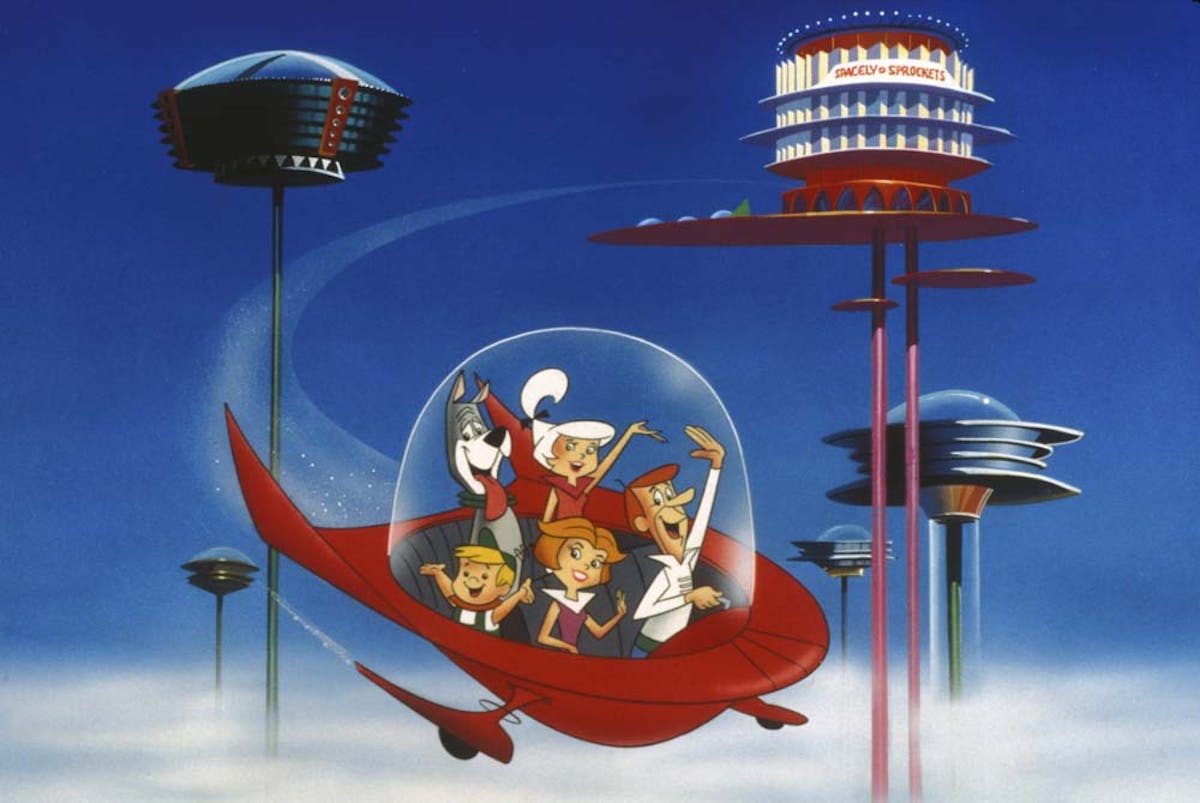What if we don't we don't want smart cities?


Smart cities make two fundamental promises: lots of data, and automated decision making based on that data. The ultimate smart city will require a raft of existing and to-be-invented technologies, from sensors to robots to artificial intelligence. For many this promises a more efficient, equitable city; for others, it raises questions about privacy and algorithmic bias.
Promises for a better, smarter city have flooded media headlines but if these so called "smart cities" are the said to be the answer can the general public adapt to these infrastructure dreams? In a recent piece by Shoshanna Saxe for the New York Times, the experienced civil and mineral engineer at the University of Toronto shares her perspectives on the matter.
In her op-ed piece "Im an Engineer, and I'm Not Buying into 'Smart' Cities", Saxe sheds a detailed response to smart city dreams. For one thing "they will be exceedingly complex to manage, with all sorts of unpredictable vulnerabilities. There will always be a place for new technology in our urban infrastructure, but we may find that often, “dumb” cities will do better than smart ones."
Saxe continues to add that with the rapid rate of technology turnover and disruption could city residence deal with these types of technical disruptions when it comes to water and power services?
"City infrastructure, especially in high-i...
Katherine Guimapang via Archinect - News http://bit.ly/30U3Tue
Yorumlar
Yorum Gönder